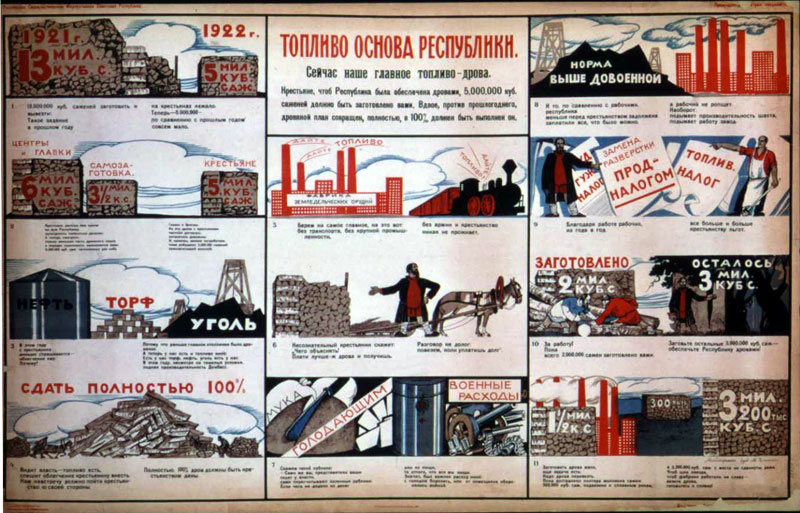
Post-World War 1 Recovery: Setting the scene
In the video below, John Green looks at Europe's attempts to recover from the devastation of World War I and forge a lasting peace.
Includes the economic cultural recovery of the 1920s, the economic depression of the 1930s, the fragile state of Europe
after the Great War, and the rise of fascism via the auspices of populist leaders like Adolf Hitler and Benito Mussolini.
Women's suffrage
The passage of the 19th amendment was the result of centuries of struggle, culminating in the late 19th century in a burst of public activism and civil disobedience that not only secured voting rights for women but also helped define new possibilities for women’s participation in the public sphere.
The Progressive Era
"In the late 19th and early 20th century in America, there was a sense that things could be improved upon. A sense that reforms should be enacted. A sense that progress should be made. As a result, we got the Progressive Era, which has very little to do with automobile insurance, but a little to do with automobiles. All this overlapped with the Gilded Age, and is a little confusing, but here we have it. Basically, people were trying to solve some of the social problems that came with the benefits of industrial capitalism. To oversimplify, there was a competition between the corporations' desire to keep wages low and workers' desire to have a decent life. Improving food safety, reducing child labor, and unions were all on the agenda in the Progressive Era. While progress was being made, and people were becoming more free, these gains were not equally distributed. Jim Crow laws were put in place in the south, and immigrant rights were restricted as well. So once again on Crash Course, things aren't so simple."
Video: The untold story of American Isolationism
A TEDx talk from 2018 by historian Christopher Nichols on the origins of American Isolationism and the parallels to "America First" and "Make America Great Again". He explains that history is a vaccine against superficiality. When we take time to unearth the full story, time to understand it, we gain a new depth of insight that can create a better tomorrow.
The Russian Revolution & Civil War
Epic History TV explains the major events of Russia's two revolutions of 1917– the February Revolution that ended Tsarist rule in Russia, and the October Revolution, that brought the Bolsheviks to power. They explain the causes of Tsar Nicholas II's growing unpopularity. That summer Russia lurched from crisis to crisis, with a Provisional Government that faced riots (the July Days), military revolt (the Kornilov Affair), economic chaos, and constantly dwindling support. Socialist Prime Minister Alexander Kerensky, once hailed as Russia's great hope, was unable to restore order, or, in October, prevent the Bolsheviks from launching a coup, organised by Leon Trotsky and led by Vladimir Lenin, that overthrew the Provisional Government and brought the Bolsheviks to power. A brutal civil war followed, leading to the death of more than 10 million Russians.
Introduced by Vladimir Lenin in 1921, the New Economic Policy (or NEP) was a radical shift in Bolshevik economic strategy. It eased the harsh restrictions of war communism, the Bolshevik economic policy during the Civil War, and allowed the return of markets and petty trade. The NEP was controversial within the Bolshevik party, where some saw it as a back down or retreat from socialism.
Life under the Soviets in Moscow and its surroundings - archive 1928: A diary written from the perspective of an inhabitant of a Soviet 'cell'.

NEP-Period marketplace [1921]. Small-scale private trade brought rural foodstuffs into city marketplaces.
Source: Marxist Internet Archive

Mikhail Cheremnykh: Fuel is the Foundation of the Republic [1922]. And now our main fuel is firewood.
Glavpolitprosvet poster uses verses and illustrations to demonstrate the fuel needs of the country.
Source: Hoover Political Poster Database
Video: What was Lenin's New Economic Policy?
In the wake of the Russian Revolution and mired in a civil war, Vladimir Lenin made major changes to the Russian economy. These changes reflected his awareness of political and social realities (as well as economic ones), but they also reveal Lenin's willingness to adjust when needed.